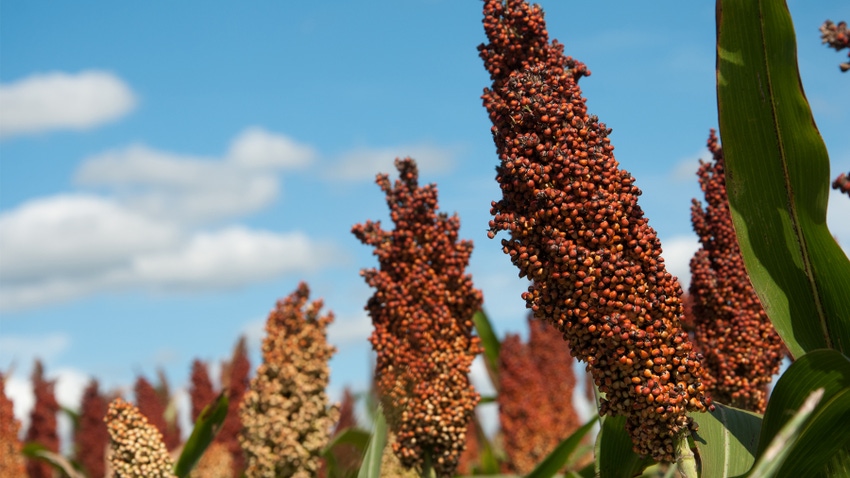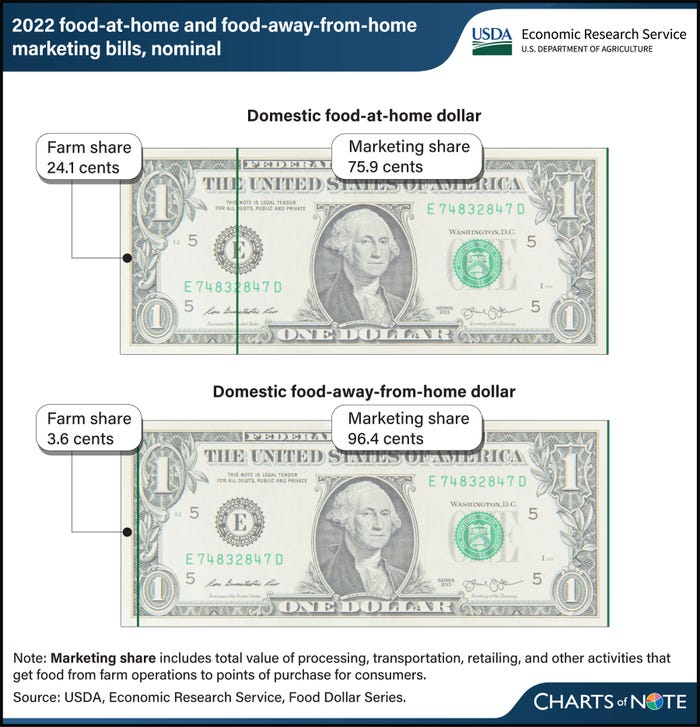
More efficient nitrogen management could reduce greenhouse gas emissions while cutting down on the overapplication of nitrogen fertilizer, which is costly and harmful to the environment. The Foundation for Food & Agriculture Research (FFAR) awarded a $872,560 Seeding Solutions grant to Kansas State University to provide regional data on nitrogen management practices for producers in the Great Plains.
The Kansas Fertilizer Research Fund, Kansas State University and the United Sorghum Checkoff Program provided matching funds for a total investment of $1,745,125.
Limited data is available that evaluates nitrogen losses and provides producers with the information needed to reduce nitrogen fertilizer application rates for water-limited crops by using climate-smart agriculture practices.
Additionally, there are limited opportunities for producers to access data from specific cropping systems on a regional scale, particularly in water-limited environments like the Great Plains.
Kansas State University researchers are examining the key components of the nitrogen cycle in water-limited grain sorghum production under various climate-smart agriculture practices. Specifically, the research team is focusing on ammonia volatilization, nitrogen dioxide emission and carbon intensity as influenced by nitrogen losses and nitrogen use efficiency.
This data will allow the researchers to quantify the effect of climate-smart agriculture nitrogen management practices on the nitrogen uptake versus yield relationship and nitrogen use efficiency for grain sorghum.
This data is being collected on three dryland sites in central and western Kansas across varying factors including precipitation and temperature.
Farmer share of food sales
According to the USDA-ERS, in 2022, farms received 24.1 cents for each dollar spent on food at home and 3.6 cents for each dollar spent on food away from home.
Food at home dollars include food purchases from grocery stores, supermarkets and wholesale clubs that are meant to be prepared in the home kitchen. Food away from home dollars include food purchases at restaurants, including delivery and carryout.
The remainder of the dollar is the marketing share, which covers the total value of processing, transportation, retailing and the rest of the activities that get the food from the farm operation to the point of purchase.

USDA-ERS also reported that in 2022 about 19% of U.S. residents who shopped for groceries did so online at least once in the previous 30 days.
Time constraints were the main reason given for buying groceries online. And those who didn’t use the service said they liked to be able to see and touch products in person.
National Dairy Board Scholarship applications due May 31
The National Dairy Promotion and Research Board has opened applications for 11 scholarships worth $2,500 each, as well as a $3,500 James H. Loper Jr. Memorial Scholarship.
Undergraduate students in their sophomore through senior year for the 2024-25 academic school year and enrolled in college/university programs that emphasize dairy are eligible. Relevant majors may include communications/public relations, journalism, marketing, business, economics, nutrition, food science and agriculture education.
Scholarships are awarded based on academic achievement; an interest in a career in a dairy-related discipline; and demonstrated leadership, initiative and integrity.
Candidates must complete an application form; submit an official transcript of all college courses; and write a short statement describing their career aspirations, dairy-related activities and work experiences.
Applications can be found at usdairy.com/about-us/dmi/scholarship.
Completed applications must be received no later than 11:59 p.m. CDT on May 31. Questions about the program can be submitted to [email protected].
About the Author(s)
You May Also Like






